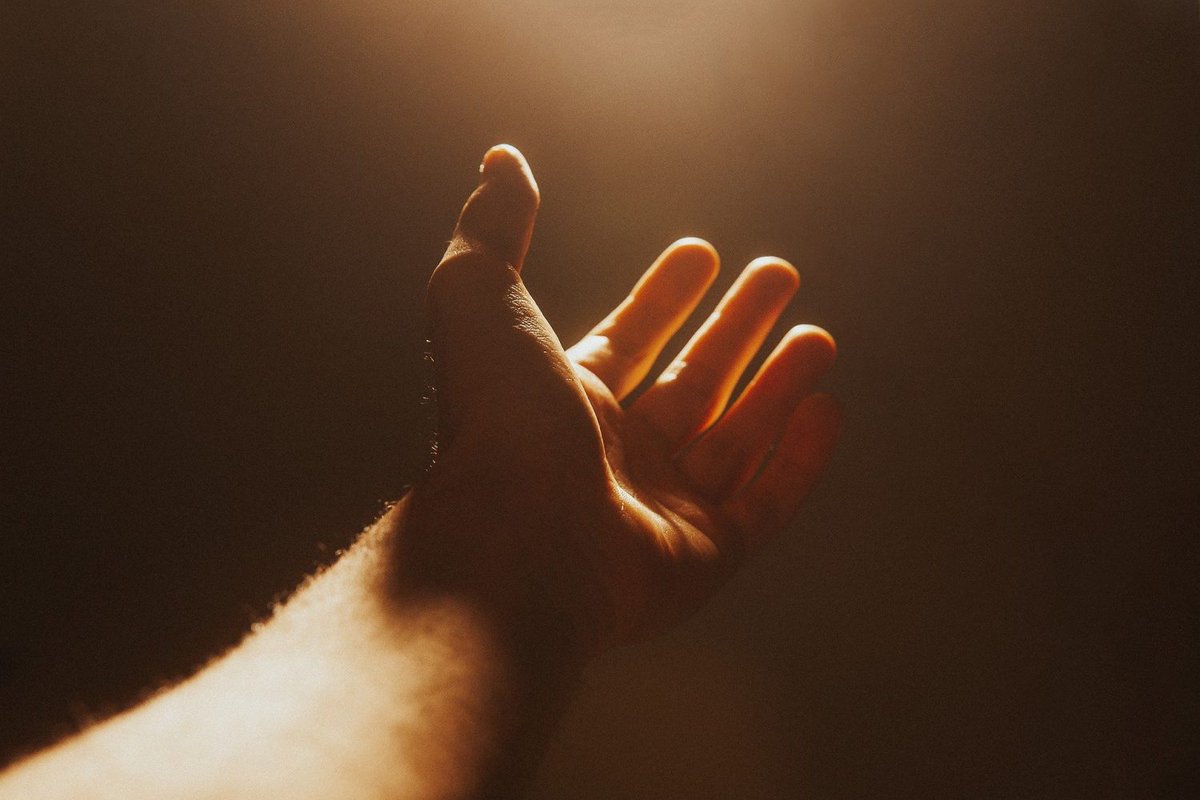Here's a thread from my #Terumah essay. Full essay: 🇬🇧 bit.ly/3a7mVlA / 🇮🇱 bit.ly/2w8iqIu / 🇪🇸 bit.ly/2VpOd2c / 🇫🇷 bit.ly/394fPOG / 👨👩👧👦 Family Edition bit.ly/3a33WZl / 🎧 Listen spoti.fi/33Npq9s. #ShabbatShalom 

There is a strange provision of Jewish law. “Even a poor person who is dependent on tzedakah (charity) is obligated to give tzedakah to another person.” On the face of it, this makes no sense at all. Why should a person who depends on charity be obligated to give charity?
The principle of tzedakah is surely that one who has more than they need should give to one who has less than they need. By definition, someone who is dependent on tzedakah does not have more than they need.
The truth is, however, that tzedakah is not only directed to people’s physical needs but also their psychological situation. To need and receive tzedakah is, according to one of Judaism’s most profound insights, inherently humiliating.
As we say in Birkat ha-Mazon [Grace After Meals], “Please, O Lord our God, do not make us dependent on the gifts or loans of other people, but only on Your full, open, holy and generous hand so that we may suffer neither shame nor humiliation for ever and for all time.”
Many of the laws of tzedakah reflect this fact, such that it is preferable that the giver does not know to whom they give, and the recipient does not know from whom they receive.
According to Maimonides' famous ruling the highest of all levels of tzedakah is, “to fortify a fellow Jew and give them a gift, a loan, form with them a partnership, or find work for them, until they are strong enough so that they do not need to ask others [for sustenance].”
This is not charity at all in the conventional sense. It is finding someone employment or helping them start a business. Why then should it be the highest form of tzedakah? Because it is giving someone back their dignity.
Someone who is dependent on tzedakah has physical needs, and these must be met by other people or by community as a whole. But they also have psychological needs. That is why Jewish law rules that they must give to others.
Giving confers dignity, and no one should be deprived of it.
• • •
Missing some Tweet in this thread? You can try to
force a refresh









